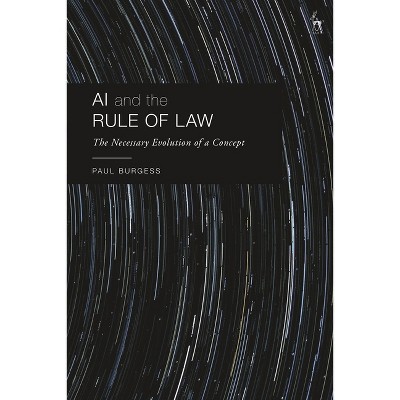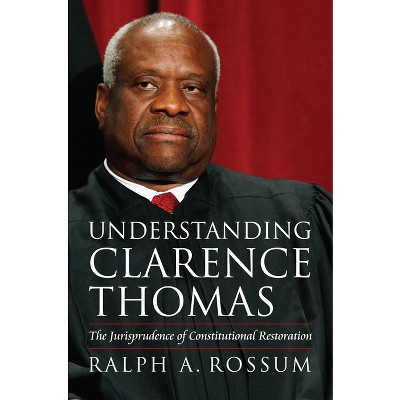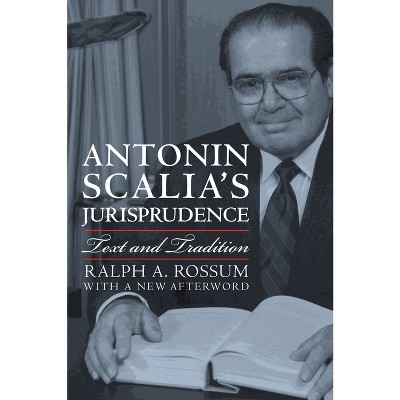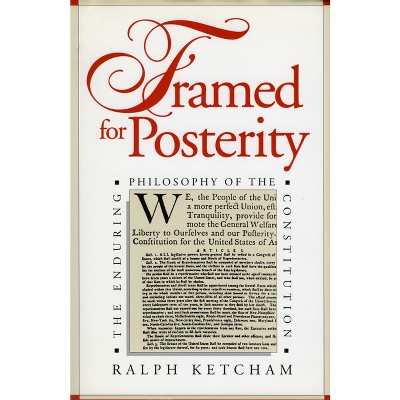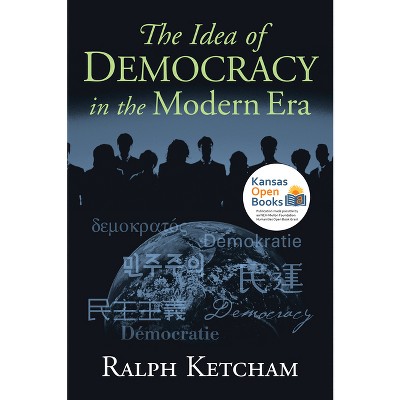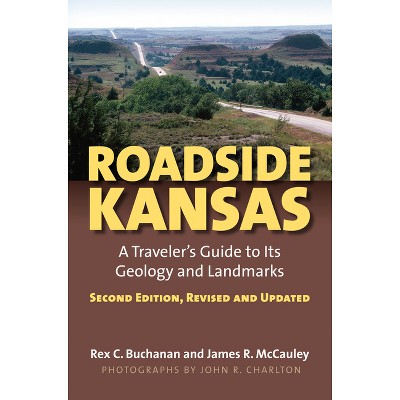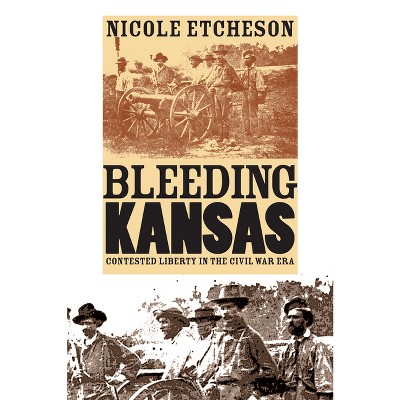Sponsored

A Life of William Inge - by Ralph F Voss (Paperback)
In Stock
Sponsored
About this item
Highlights
- In the spring of 1973 one of the country's most successful dramatists, William Inge, ran out of reasons to think he was any good.
- Author(s): Ralph F Voss
- 336 Pages
- Biography + Autobiography, Literary Figures
Description
About the Book
Voss peels back the veneer of public success and lays bare the private pain and isolation of the man who was called America's first authentic midwestern playwright. He draws upon interviews, memoirs, and unpublished manuscripts, letters, and papers to show how Inge's unhappy life fueled the struggles his plays depict.Book Synopsis
In the spring of 1973 one of the country's most successful dramatists, William Inge, ran out of reasons to think he was any good. He went into his garage one night and shut the door, seated himself behind the wheel of his new car, and turned the key. By morning he was dead. "Death makes us all innocent," Inge had written, "and weaves all our private hurts and griefs and wrongs into the fabric of time, and makes them a part of eternity." But William Inge had it made, or so it seemed in 1962. He had written an unprecedented string of Broadway hits: Picnic, Bus Stop, The Dark at the Top of the Stairs, and Come Back, Little Sheba. All four plays had become successful films featuring top Hollywood stars. Inge had received a Pulitzer Prize for Picnic and an Academy Award for his screenplay, Splendor in the Grass. Even his longtime friend and mentor, Tennessee Williams, was envious of his success. Privately, Inge was miserable. His long struggle with alcoholism and profound shame over his homosexuality plagued him before, during, and after his decade of great success. As criticism of his work intensified, Inge responded with increasingly frantic attempts to please by "modernizing" his writing. He abandoned the small-town characters and settings he knew in favor of more lurid, urban subject matter. In the end, his characters lost their authentic voices, and neither critics nor audiences found his later work believable. In this first book-length literary biography of Inge, Ralph Voss peels back the veneer of public success and lays bare the private pain and isolation of the man who was called America's first authentic midwestern playwright. He draws upon interviews, memoirs, and unpublished manuscripts, letters, and papers to show how Inge's unhappy life fueled the struggles his plays depict.Review Quotes
"A first-rate literary biography."--Western American Literature
"A good book, a re-seeing of a shadowy yet important figure in American theater. Voss's respect for and knowledge of Inge's writing become apparent almost immediately and his use of the playwright's work as insight to the man is logical and convincing."--Milwaukee Journal
"Strongly recommended."--Choice
"A grand job, extremely readable. . . . Voss uses his sources brilliantly, weaving them through the narrative seamlessly."--Jackson Bryer, editor of The Theatre We Worked For
"This book is a biographical work of art. It is insightful and compassionate yet revealing. It is a great tribute to a great talent."--R. M. Seaton, syndicated columnist




